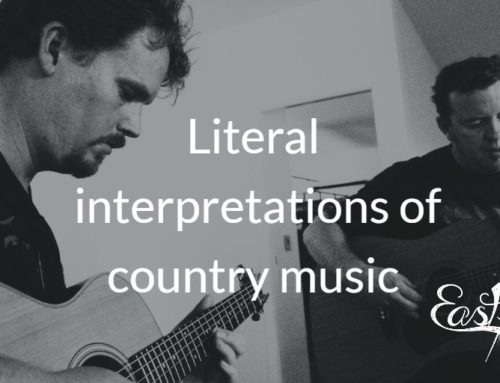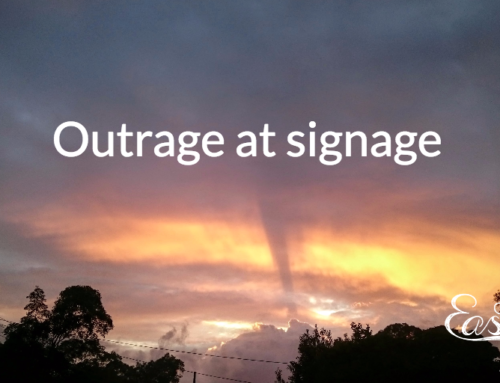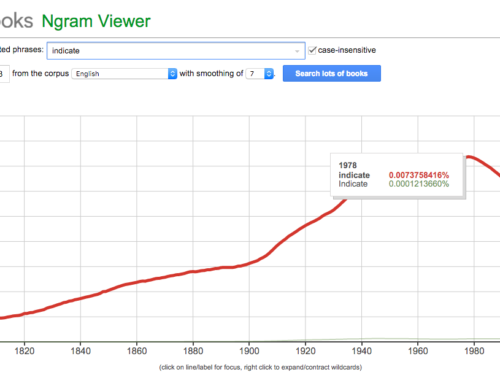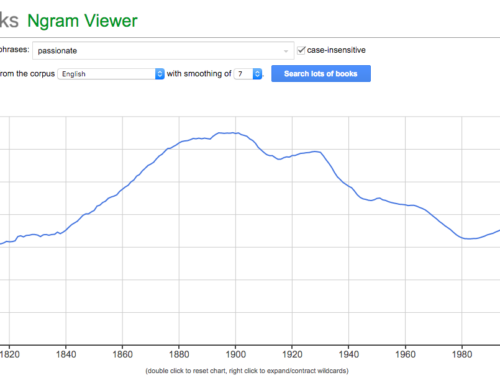Happy New Year, everyone!
Guess what? Christmas is over and we don’t have to sing about it anymore.
Not that any of the usual suspects mention the word. Instead, there is the decking of halls, jingling of bells and converging of ye faithful. Activities that could happen at any time of the year—and are less pleasant in the middle of summer, if you ask me.
But, in the shops, when we first hear these songs over the loudspeaker, we know it is October—and that Christmas is nigh.
Every. Year.
Where do these annoying, repetitive songs come from? Why did I have to play them on the recorder when I was a child?
I still can’t answer the second question. But for the first, let’s start at the pub. After all, spending time at the pub is guaranteed to make you a better singer… isn’t it?
Although we can’t be sure where the word ‘carol’ came from, we know that in medieval times, it was the name for the music that happened at folk dances. Far from being the domain of children and churchgoers, these were songs to be sung with a beer in the hand (and two more in the bush). One story has it that medieval churches banned carol singers from their masses—for being too rowdy. There, the tradition of the door-to-door carollers began.
It’s usually only a matter of time before things come full circle.
And it happened in 1880, with the little town of Truro building the first new cathedral in Britain for 800 years. On Christmas Eve that year, the bishop of Truro invented the first carol service. The novelty of a new cathedral may have had something to do with it, but somehow, his congregation decided that a carol service sounded like more fun than getting drunk.
Since then, the Christmas carol tradition has sucked many songs into its vortex—leaving a trail of misappropriation and mass marketing in its wake.
Because no one really sets out to write a Christmas carol.
Think of ‘Silent Night’—the quintessential Christmas carol. There are serious choral versions, the Simon and Garfunkel lullaby sung against a background of the 7 o’clock news. Even Chewbacca has a go.
Such is its popularity that UNESCO added it to its list of intangible cultural heritage. And this year, the song will have its 200th birthday.
It all started on Christmas Eve in 1818, when a mouse ate the bellows in the church organ of a little German village—forcing the organist to come up with a guitar tune in a last-minute stroke of genius.
Cool story.
Pity it’s not true—the organist wrote the song a couple of years earlier in his spare time to celebrate Bavaria’s freedom from Napoleonic rule. That Christmas, he must have just felt like playing it—the organ was probably fine.
OK, well, ‘Hark the Herald Angels Sing’—words credited to Wesley and music to Mendelssohn—sounds like it should have been written in the right sort of Christmas spirit. The fact that the words and music were written years apart by people who didn’t know each other shouldn’t have mattered.
And according to Mark Forsyth’s book A Christmas Cornucopia, Charles Wesley did write a hymn about herald angels. Twenty years later, someone changed the words to the ones we know today, and Mr Wesley threw a slight tantrum.
Separately, Felix Mendelssohn wrote a melody as a tribute to the Gutenberg printing press. After that, Mr Mendelssohn didn’t particularly care what happened to his song—as long as it wasn’t used for something religious.
Years later, someone had the bright idea of making the music into a Christmas hymn—using the words that the Wesley described as ‘the doggerel of other men’. I’m sure they would have both been pleased.
And for something a little less serious, listen to the original ‘Jingle Bells’. You’ll find a verse that sounds suspiciously like it’s about getting drunk and falling out of a sleigh.
In fact, that’s exactly what it was about.
How these songs ended up being iconic Christmas carols is another post entirely.
But for today, we end as we began—at the pub.
Cheers.








“How these songs ended up being iconic Christmas carols is another post entirely.”
Now I’m curious 🙂
nice post minnie thank you.